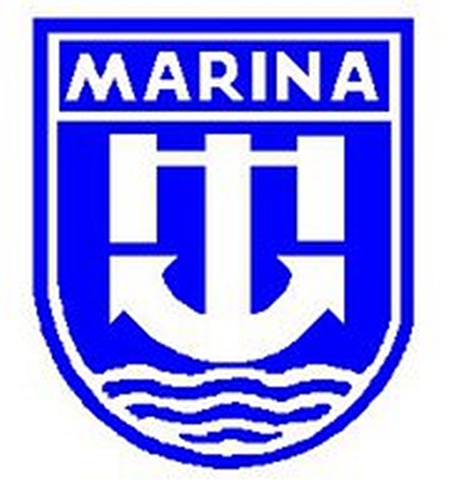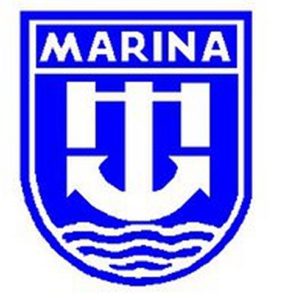The Maritime Industry Authority (Marina) will be issuing a new policy to regulate the Philippine harbor pilotage sector and make harbor pilots compliant with international standards set by the International Maritime Organization (IMO).
“We’re creating a new policy right now regulating them,” Marina administrator Marcial Quirico Amaro III said after a recent 15 Lower House committee hearing on maritime bills. Marina is the government agency that evaluates harbor pilots and grants their license, while the Philippine Ports Authority issues the appointments of pilots to harbor districts.
Amaro pointed out that harbor pilots are engaging in “freewheeling” conduct because no law currently regulates the country’s harbor pilotage. According to the Marina chief, the IMO has a standard for harbor pilotage that is not being followed in the Philippines.
One of the new policies Marina is looking at is limiting the period of validity of a harbor pilot’s license, which at present has a “perpetual” status.
Amaro said they might follow the five-year validity of the seafarer’s license, since harbor pilots “are supposed to comply with STCW.” The STCW, or International Convention on Standards of Training, Certification and Watchkeeping for Seafarers, sets qualification standards for masters, officers, and watch personnel aboard seagoing merchant ships.
Amaro said they also plan to require continuing professional education trainings for harbor pilots, similar to those regularly undergone by seafarers and other professionals. This, Amaro said, is to enhance the capacity of harbor pilots.
Another plan is to adopt a new examination program for harbor pilots. Amaro said the current examination format is “common” and general,” when questions should be scenario-based and specific to the port where the harbor pilot wants to render services.
Amaro said harbor pilots will also be required to submit to physical examination to ensure their fitness for duty. He noted reports of harbor pilots falling off the boat because they are too old to climb aboard.
United Harbor Pilots Association of the Philippines former president Capt. Romulo Salle, during the Lower House committee on August 15, denied that “incapacitated pilots” still board ships, saying pilots abide by the retirement age of 70 years old.
While harbor pilots will still not be held liable for accidents involving ships or ports, Amaro said they plan to put up a points system wherein harbor pilots with a certain number of accidents while manoeuvring a vessel will not be able to renew their license.
Asked when Marina plans to issue the new policy, Amaro declined to give a date, but said that studies are already being done.
According to Amaro, the new policy, which will comply with IMO’s international standards for maritime pilot organization, will allow Filipino pilots to join an international organization and be internationally recognized. – Roumina Pablo






